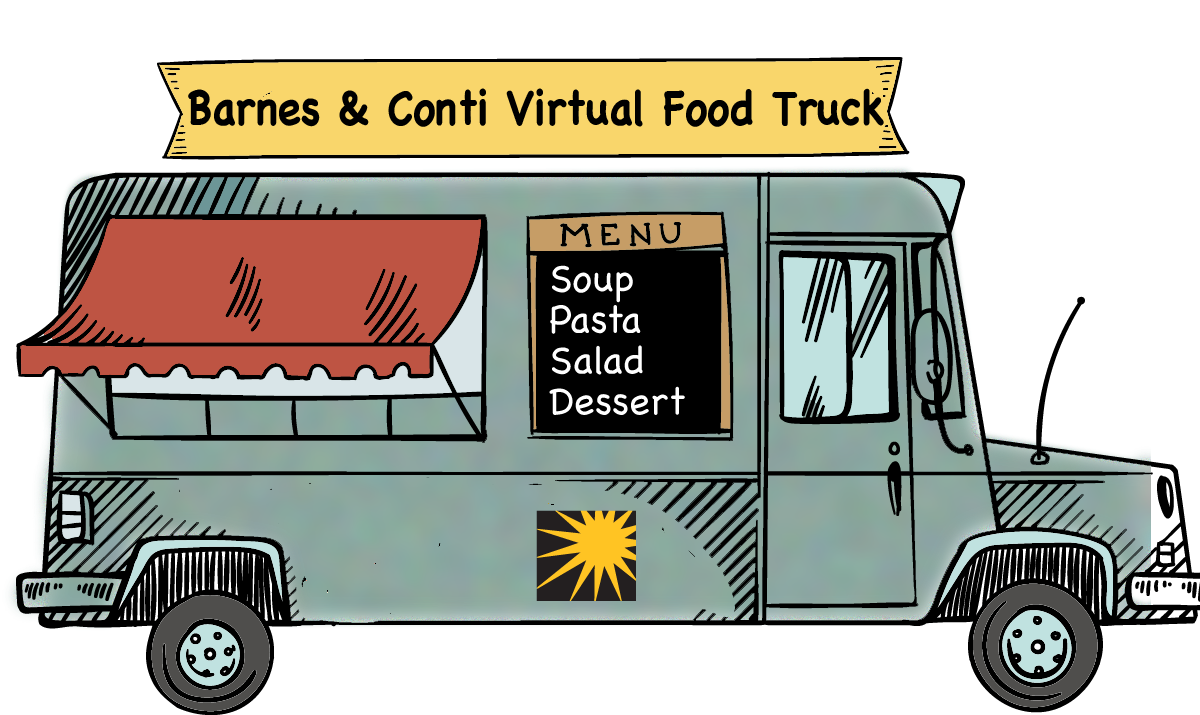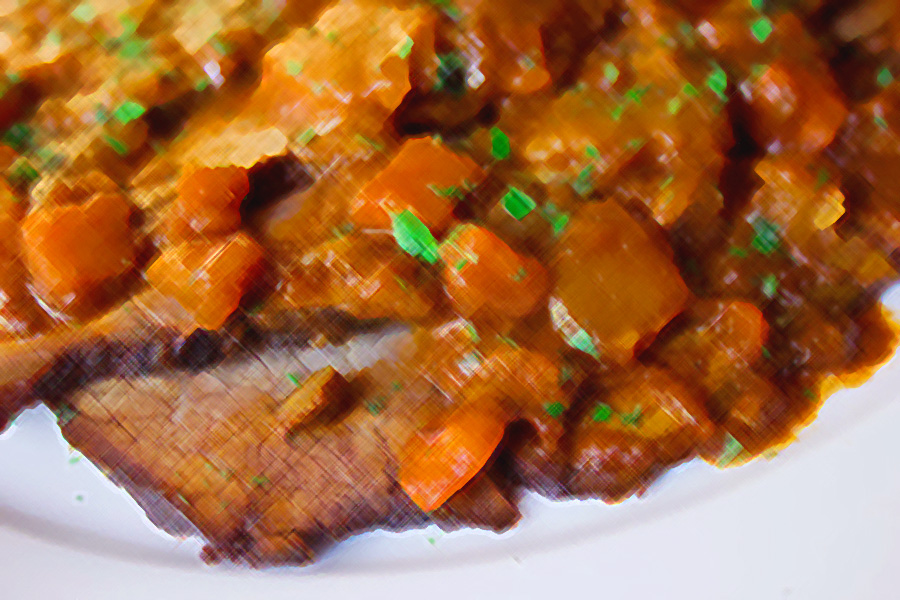
Leading Through Pain: Reflection, Dialogue, Discomfort, Commitment, and Growth
B. Kim Barnes

In recent days, I have read several messages from CEOs of a variety of companies, large and small. The common theme is that we all need to examine our own behavior, decisions, and biases. The vivid and horrifying images we have watched in recent days have made it impossible to look away from the truth of racism and lack of respect for the lives of those who are different from us in race, class, ethnicity, gender, religion, political beliefs, or status.
We have been through difficult times before, where our values, beliefs, norms, practices, policies and laws have required intense scrutiny and change. There have been reforms, but too soon we lose focus and return to the status quo – or else feel as if we have stated our position, taken action, solved the problem, and it’s time to move on. But change does not happen because we make statements or form commissions or assign responsibility. It happens only when we are willing to take a hard look at ourselves and our organizations and go through the excruciating, uncomfortable, cold-eyed process of honest re-evaluation of both what we say and what we actually do – and then take action as a result.
Anne Wojcicki, CEO of 23andMe, put it this way:
“…As a leader who really cares, I feel the responsibility to not just talk about Diversity, Equity and Inclusion, but to make meaningful changes and contributions through my own actions and how we operate at 23andMe. Our management team, Board and employee base must have greater diversity. I am ashamed to say I do not have a single black employee who is at Director level or above. Our product is euro-centric but must expand to be inclusive and equitable. We absolutely have the potential to be better. Despite our efforts, I have to honestly say that we are also part of the problem.
I’m holding myself accountable. I’m holding 23andMe accountable. And I’m asking that our customers hold us accountable. This will include making sure that we change our hiring practices, that we make sure we give greater promotional opportunities within the company, that we dedicate resources to evolve our product to better represent all communities and that my management team and Board have more inclusive representation…”
Stu Landesberg, CEO of the Grove Collaborative, a natural products company, said:
“At Grove, we’re starting at home. We are having hard conversations, listening to our employees and our customers, and finding ways to use our corporate platform to chip away at systemic injustice. We made our first ever internal grant, to our Diversity & Inclusion squad, for more initiatives that can help us drive more equity and thoughtfulness within our company and our industry. We are engaging our employees to participate and guide our financial contribution; based on their votes, we will donate at least $10,000 to charities and organizations fighting racism.
And, while we are a small company, we do see ourselves as a leading values-driven business in the natural products industry. We want to use that position to make our sector more equitable. We support minority owned businesses, and commit to increasing our purchases from them by at least $250,000 through 2021.”
We owe it to our employees, customers, communities, and to ourselves as leaders to ask that we be held to account for our actions. That we pay attention to our own assumptions about others. That we question why we retreat to our comfort zone of people like ourselves when we could be learning, growing, and creating new solutions by reaching beyond our bubble. We should be seeking our discomfort zone – that place where we challenge our beliefs, listen to those with whom we think we will disagree, entertain seemingly impossible ideas, expose our vulnerabilities.
My team and I have asked ourselves what we, as a small company, can do to contribute in a meaningful way at this time. There are a few things that occur to us, in addition to being conscious and careful in our practices for hiring, choosing partners and vendors, and making monetary contributions that support organizations that promote justice. We will welcome requests from minority – especially Black-owned – small businesses – for pro bono seats in our public leadership programs, or to arrange such a program for an organization of Black entrepreneurs, local or national. We are open to providing pro bono leadership coaching sessions to leaders of minority-owned businesses. We are happy to donate copies of my book on influence (Exercising Influence: Making Things happen at Work, at Home, and In Your Community. Wiley, 2015) to these entrepreneurs and organizations. Please let us know of leaders and organizations that could benefit.
Self-satisfaction has no place in these troubled and troubling times. Openness, outreach, risk-taking, courage, determination to change, asking for feedback, honest self-examination, invitation to others to criticize our actions and, yes, accountability – these are the behaviors we need to model if positive change is to be the result of this crisis. Welcome to the Discomfort Zone.
Join the conversation on the Barnes & Conti Blog
“What’s Your Change Attitude?” by B. Kim Barnes Revised for TD Magazine
Apropos to the painful times in which we find ourselves, Kim Barnes recently rewrote her article on change management, “What’s Your Change Attitude? Know how to work with people who view change differently from you” for TD Magazine, (the magazine of ATD).
In the article, Kim identifies the four attitudes that most people have regarding change in the workplace. Kim also discusses how you as a change leader can tap into, incorporate, and find the value in each of these attitude, especially when the outlooks differ from your own attitude towards change. According to Kim, the change process may take longer, but when you get there, “you’ll look around and find that most people are there with you.”
Read the article on the ATD Website (subscription required)
 From the Barnes & Conti Virtual Food Truck: Creole Pot Roast (Daube)
From the Barnes & Conti Virtual Food Truck: Creole Pot Roast (Daube)
Joel Kleinbaum, Web and Internet Consultant
Joel says that he makes this dish around Mardi Gras every year. Says Joel, “I think that Creole cooking represents the diversity that is the United States as well as or better than any other home-grown cuisine. Creole represents an amalgam of African, European, Caribbean, and Native American influences and ingredients all blended together for delicious results.
 Ingredients:
Ingredients:
- 2 1/2 lb chuck roast or brisket
- Roux, see below
- 1 large onion, diced
- 3 large ribs celery, diced
- 1 large or 2 small bell peppers, diced
- 2-3 tbsp olive oil or vegetable oil
- 3-4 cloves of garlic, crushed,
- 1/2 can tomatoes, chopped, or 1 1/4 cups tomato purée
- 1 1/4 cups dry red wine
- 1 sprig thyme
- 1 bay leaf
- 1 sprig parsley
- 1 or 2 pinches cayenne pepper, or to taste
- Salt to taste (1 - 2 tsp)
For the roux
Method:
- Make the roux by the melting the butter in the oil, add the flour, and stir over medium heat until the roux is nut brown in color (do not let the flour burn). Let the roux cool.
- In a large, heavy pot or Dutch oven, sauté the onion, celery, and bell pepper over medium high heat until lightly caramelized.
- Turn up the heat a bit, add the chuck roast, and brown well on all sides. Add the wine, and let it boil, stir well to scrape up any brown bits on the bottom of the pot.
- Add the tomatoes, herbs, garlic cloves, salt, and cayenne plus enough water so that it the level of the liquid is almost at the top of the meat. Bring to a boil, add the roux, mixing it in well so the flour doesn't lump. Either cover and simmer on low heat, or cover and put in a 325 oven. Allow to simmer for 2-3 hours, until the meat is very tender.
- When the meat is tender, remove the herbs and garlic cloves. If the sauce ("gravy") is thin, remove the meat, bring the gravy to a boil, and cook until it's the way you like.
- You can serve the roast garnished with chopped parsley or scallions, with plenty of white rice. It's also a New Orleans tradition to shred the leftover meat, and serve it with the gravy over spaghetti. If there's not enough gravy you can stretch it by adding tomatoes and water (or wine).
Serves 4
This recipe is available on our website as part of the Virtual Food Truck.
Please send us some of your favorite recipes you’ve made during these last few weeks. We will add them to our Virtual Food Truck for all to enjoy.
You are receiving these emails from Barnes & Conti because you are a client, colleague, and/or friend of Barnes & Conti Associates. or you contacted us through our website, at a trade show, or via social media. Barnes & Conti does not sell, trade, or give away mailing lists or email addresses to anyone. Period. You can read our privacy policy here.
If you no longer wish to receive these bulletins, use this link to unsubscribe or write us at Barnes & Conti, 940 Dwight Way Suite 16, Berkeley, CA 94710.
*Please don't;t forward this entire email; the person you forward to might inadvertently unsubscribe you with the above link!